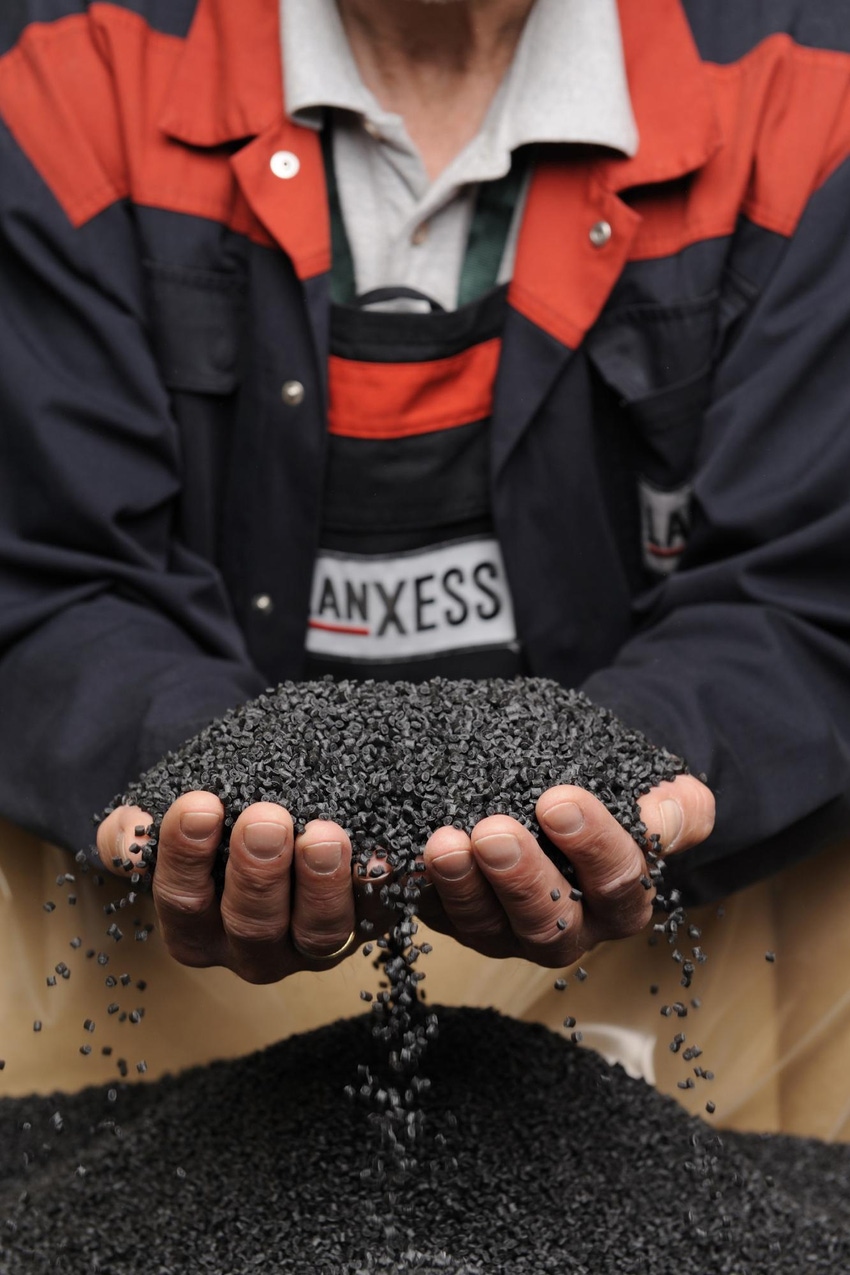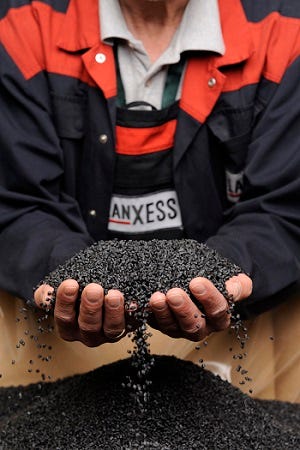Engineering plastics supplier Lanxess (Cologne, Germany) is expanding its Gastonia, North Carolina, compounding facility by adding a second production line. The expansion represents an investment volume of about $15 million and will double the existing capacity from 20,000 to 40,000 tonnes annually. Construction for the second line is expected to commence in the second half of 2014 with production scheduled to begin in early 2016.
August 14, 2014

Engineering plastics supplier Lanxess (Cologne, Germany) is expanding its Gastonia, North Carolina, compounding facility by adding a second production line. The expansion represents an investment volume of about $15 million and will double the existing capacity from 20,000 to 40,000 tonnes annually. Construction for the second line is expected to commence in the second half of 2014 with production scheduled to begin in early 2016.
|
Polyamide compounds will get a production boost at Gastonia. |
|
Lanxess Corp. CEO Bjoernslev: "The US is the leading market for high-tech plastics, with the automotive industry at the forefront." |
The Lanxess Gastonia facility produces Durethan polyamide (PA) and Pocan polybutylene terephthalate (PBT) compounds, which reportedly allow automotive engineers to design lighter-weight plastic components to replace metal parts in cars, contributing to fuel efficiency and reduced emissions.
"The United States is the leading market for high-tech plastics, with the automotive industry at the forefront," said Lanxess Corp. (Pittsburgh, PA) President and CEO Flemming B. Bjoernslev. "Automotive industry sales are at their highest level in almost ten years and by adding the second line in Gastonia, we are underlining our ongoing commitment to our customers."
Lanxess also furnishes plastic-metal hybrid and composites technologies that enable engineers to cost efficiently reduce part weight in automobiles by replacing metal components with engineering plastic parts. A lightweight design can reduce weight by 10 to 50 percent, depending on the component according to the supplier. The growing demand for engineering plastic applications is being driven by rising car production above all and the trend towards more fuel efficient automobiles. In the United States, the demand for engineering plastics is expected to increase by roughly 7 percent per year through 2020 according to Lanxess.
Automotive manufacturers are working to meet CAFE standards that will require an average fleet-wide fuel efficiency of 54.5 miles per gallon be reached by 2025, an increase of approximately 5 percent every year for cars.
"Our lightweight high-tech materials are essential to helping manufacturers reduce vehicle weight and achieve higher fuel economy standards," said Jens Fischer, General Manager of Lanxess' business unit High Performance Materials (HPM). "This investment will allow us to increase our competitiveness as a premium supplier and cater to the growing market demands."
Plastic-metal hybrid front ends can be found today in more than 80 car models and in millions of vehicles around the world according to Lanxess. Durethan PA and Pocan PBT compounds are also being used in a wide variety of automotive parts such as body parts, oil pans, coolant pipes, battery housings, steering rods, pedals and pedal brackets.
The investment in North Carolina reportedly not only strengthens Lanxess' global high-tech plastics network but also further improves the balance of the company's overall PA value chain through using more caprolactam for captive use. In July 2014, a PA polymerization plant in Antwerp, Belgium, started up. The world-scale facility is designed for an annual capacity of around 90,000 tonnes and represents an investment volume of roughly $100 million. In addition, Lanxess recently opened a 20,000 tonnes/year high-tech plastics plant in Porto Feliz, Brazil. Other compounding plants are in operation in Dormagen, Germany, Wuxi, China, and Jhagadia, India. All neat resin materials polymerized by Lanxess at its Antwerp plant are processed in-house by its global network of compounding facilities.
About the Author(s)
You May Also Like




